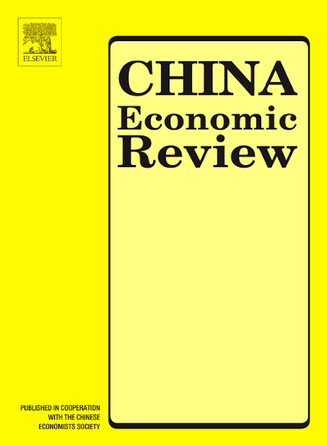EXPROPRIATION WITH HUKOU CHANGE AND LABOUR MARKET OUTCOMES IN CHINA
ABSTRACT
We study the labour market outcomes of Chinese household members changing their registration status (hukou) from rural to urban as a result of land expropriation using panel data from the 2008-2010 Rural Urban Migration in China (RUMiC). While it is largely unclear the extent to which expropriation can be viewed as an event exogenous to individual and household choices, we deal with the potential selection bias of being expropriated by using the methodology proposed by Oster (2019). Gaining an urban hukou is found to improve the labour market outcomes of expropriated household heads and spouses relative to comparable rural stayers and rural-urban migrants. In particular, hukou-changers gain better access to permanent jobs in the public sector through formal search channels. We also find that expropriated parents invest substantially more in children's human capital as compared to rural parents, suggesting that leveling the hukou status among children can contribute to reducing intergenerational inequality.
Statistics
Web of Science Times Cited
23

